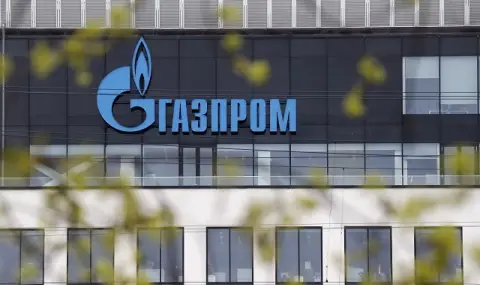Turkey and Russia are actively working to create a trading platform for the sale of natural gas. "Interfax" extensively quoted the words of the Minister of Energy and Natural Resources of Turkey, Alparslan Bayraktar. It is noteworthy that the Russian agencies disseminate information only about the intentions of the Turkish side.
Bayraktar points out that, in particular, the concept of pricing in the gas trading center is currently being worked on with the Russian side. The desire is in the next few months to create a gas trading center jointly between "Botash" and "Gazprom" within the Istanbul Financial Center.
Turkey's ambition is to become not only a center for gas trade, but also an exporter.
According to the minister, currently the domestic demand for natural gas in Turkey is 50 billion cubic meters per year, but thanks to investments in the gas infrastructure, the country will be able to receive 70-80 billion cubic meters of gas per year.
"The presence of a powerful gas transport infrastructure will allow us to export these quantities to Europe. We are already becoming a country that for the first time exports gas to Hungary, Bulgaria, Romania and Serbia, and not only a gas hub, where blue gas prices will be formed as a fuel, similar to the trading platform in the Netherlands. At the same time, it physically exports gas to specific buyers and countries," Bayraktar was quoted as saying.
It should be noted that the ambition and justification of the former Bulgarian Minister of State Rosen Hristov, who concluded the 13-year contract with "Botash", is the same. According to him, the contract with Botash" is an opportunity for Bulgaria to become a "commercial player on the gas market" and a factor in supplying Europe with natural gas.
The head of the Turkish Ministry of Energy notes that Turkey can provide 50% of the domestic demand with liquefied natural gas thanks to the LNG terminals established in the country. The daily LNG acceptance capacity in Turkey is 160 million cubic meters. "One of the pillars of diversification is the daily capacity to obtain liquefied gas. "Turkey has the technical ability to receive liquefied gas, even if at some point the other sources are shut down," he said.
The capacity of underground gas storage has also already been increased from 2.8 billion to 5.8 billion cubic meters, and plans are to increase this capacity to 12 billion cubic meters by 2028. This will allow storage of up to 25% from domestic demand for gas. Capacity increase is planned for Tuz Gel and Silivri.
We remind you that the 13-year contract of "Bulgargaz" with "Botash", concluded by the interim government of President Rumen Radev, caused a scandal in our country, which led to the decision of the National Assembly to oblige the Minister of Energy (currently acting again) to start negotiations to change clauses in this contract.
President Rumen Radev's reaction was sharp - demanding that all flows of natural gas entering the country be thoroughly checked.
